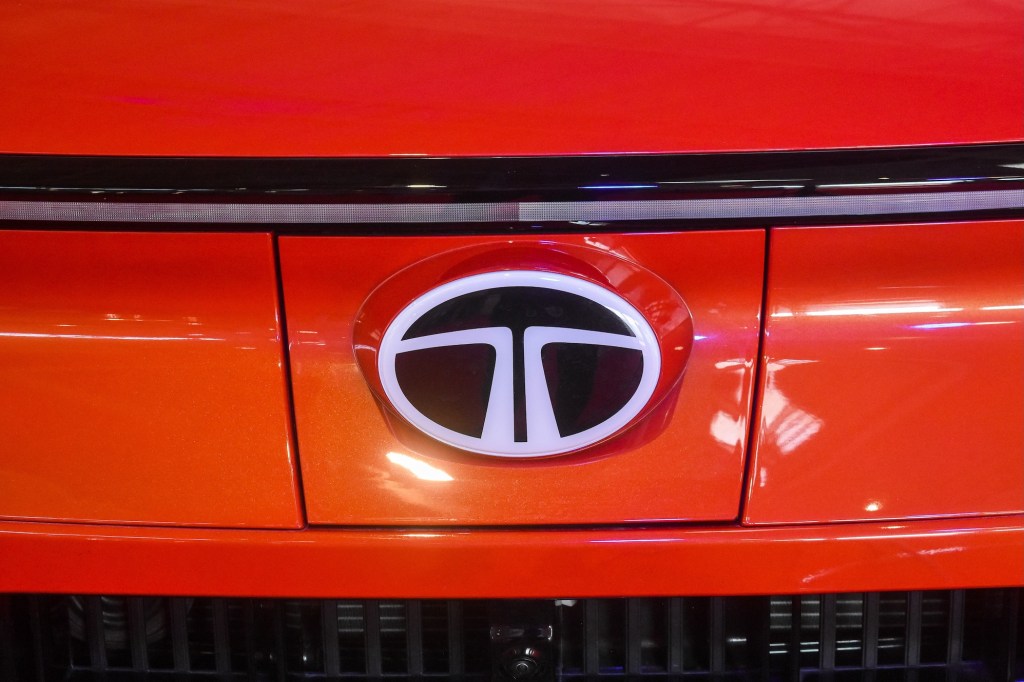Tata Motors Addresses and Resolves Critical Security Vulnerabilities
Article Text:
Tata Motors, a leading global automotive manufacturer, has recently confirmed the successful remediation of significant security flaws that had previously exposed both company and customer data to potential cyber threats. This development underscores the company’s commitment to cybersecurity and the protection of sensitive information.
Background of the Security Incident
In early 2025, Tata Technologies, a subsidiary of Tata Motors specializing in product engineering and research and development services, experienced a ransomware attack that impacted several of its IT assets. The company promptly initiated an investigation to assess the extent of the breach and to implement necessary remedial actions. At that time, Tata Technologies assured stakeholders that client delivery services remained fully operational and unaffected by the incident.
Subsequently, in March 2025, the ransomware group known as Hunters International claimed responsibility for the attack and began leaking data purportedly stolen from Tata Technologies. The leaked information included personal details of current and former employees, confidential documents such as purchase orders, and contracts with customers in India and the United States. The dataset reportedly comprised over 730,000 documents, totaling approximately 1.4 terabytes in size.
Discovery and Resolution of Security Flaws
The security vulnerabilities that led to the data exposure were identified within Tata Motors’ internal systems. These flaws potentially allowed unauthorized access to sensitive company and customer information. Upon discovery, Tata Motors’ cybersecurity team collaborated with external experts to conduct a comprehensive assessment of the vulnerabilities.
The remediation process involved several critical steps:
1. Immediate Containment: Isolating affected systems to prevent further unauthorized access.
2. Vulnerability Assessment: Conducting thorough analyses to identify all potential security gaps.
3. Patch Deployment: Developing and implementing patches to address the identified vulnerabilities.
4. System Hardening: Enhancing system configurations to bolster defenses against future attacks.
5. Monitoring and Testing: Establishing continuous monitoring protocols and conducting rigorous testing to ensure the effectiveness of the implemented security measures.
By late October 2025, Tata Motors confirmed that all identified security flaws had been effectively addressed, restoring the integrity and security of their systems.
Implications for Customers and Stakeholders
The resolution of these security issues is a significant relief for Tata Motors’ customers and stakeholders. The company has reassured all parties that there is no evidence of any misuse of customer data resulting from the vulnerabilities. To further enhance transparency and trust, Tata Motors has committed to:
– Customer Communication: Informing customers about the nature of the vulnerabilities, the steps taken to resolve them, and measures to protect their data.
– Enhanced Security Measures: Implementing additional security protocols to prevent future incidents.
– Regular Security Audits: Conducting periodic security assessments to identify and mitigate potential risks proactively.
Broader Context of Cybersecurity in the Automotive Industry
The automotive industry has increasingly become a target for cyberattacks, given the vast amounts of data generated and stored by modern vehicles and connected services. Other notable incidents include:
– Zoomcar Data Breach: In June 2025, car-sharing giant Zoomcar reported that a hacker accessed personal data of 8.4 million users, including names, phone numbers, and car registration numbers.
– Check Point VPN Vulnerability: In May 2024, cybersecurity company Check Point disclosed a zero-day vulnerability in its enterprise VPN products, which was exploited to gain unauthorized access to corporate networks.
These incidents highlight the critical importance of robust cybersecurity measures within the automotive sector.
Tata Motors’ Commitment to Cybersecurity
In response to the recent security challenges, Tata Motors has reinforced its commitment to cybersecurity by:
– Investing in Security Infrastructure: Allocating resources to enhance cybersecurity frameworks and technologies.
– Employee Training: Implementing comprehensive training programs to raise awareness and preparedness among staff.
– Collaboration with Experts: Partnering with cybersecurity firms to stay ahead of emerging threats and vulnerabilities.
By taking these proactive steps, Tata Motors aims to safeguard its systems against future cyber threats and maintain the trust of its customers and stakeholders.
Conclusion
The successful resolution of the security vulnerabilities by Tata Motors serves as a testament to the company’s dedication to data protection and cybersecurity. In an era where cyber threats are increasingly sophisticated, such proactive measures are essential to ensure the safety and privacy of both company and customer information.


